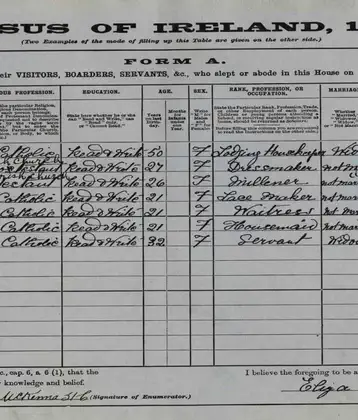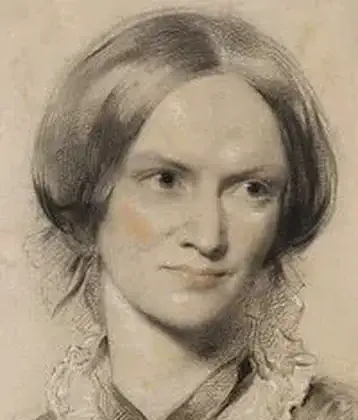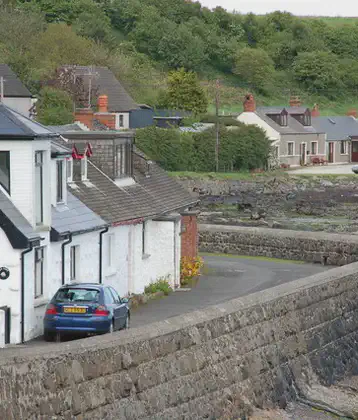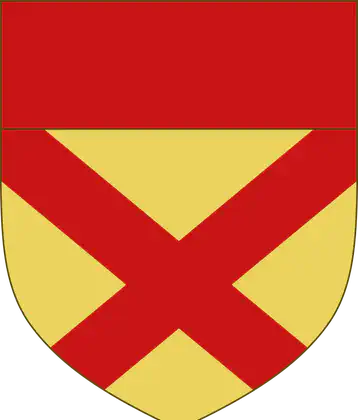On March 31, 1920 in Celtic History
British parliament accepts irish home rule law

The Home Rule movement was a movement that campaigned for self-government (or “home rule”) for Ireland within the United Kingdom of Great Britain and Ireland. It was the dominant political movement of Irish nationalism from 1870 to the end of World War I.
Following the Easter Rising of 1916, particularly the arrests and executions that followed it, public support shifted from the Home Rule movement to the more radical Sinn Féin party. In the 1918 General Election the Irish Parliamentary Party suffered a crushing defeat with only a handful of MPs surviving, effectively dealing a death blow to the Home Rule movement.
The elected Sinn Féin MPs were not content merely with home rule within the framework of the United Kingdom; they instead set up a revolutionary legislature, Dáil Éireann, and declared Ireland an independent republic.
Britain passed a Fourth Home Rule Bill, the Government of Ireland Act 1920, aimed at creating separate parliaments for Northern Ireland and Southern Ireland. The former was established in 1921, and the territory continues to this day as part of the United Kingdom, but the latter never functioned.
Following the Anglo-Irish Treaty that ended the Anglo-Irish War, twenty-six of Ireland’s thirty-two counties became, in December 1922, the Irish Free State, a dominion within the British Empire which later evolved into the present Republic of Ireland.
More From This Day

David Steel, (Lord Steel of Aikwood), politician and former leader of the Liberal party, born.
March 31, 1938

Arthur Griffith, founder of Sinn Féin and co-signatory of Anglo-Irish treaty, born
March 31, 1871



Seven women from Island Magee, Co. Antrim are imprisoned and pilloried for bewitching a woman
March 31, 1711

Scottish Regalia were saved from Cromwell's invading army after being smuggled from Dunnottar Castle
March 31, 1652

Robert Bruce, The Great Competitor and grandfather of King Robert the Bruce, died.
March 31, 1295